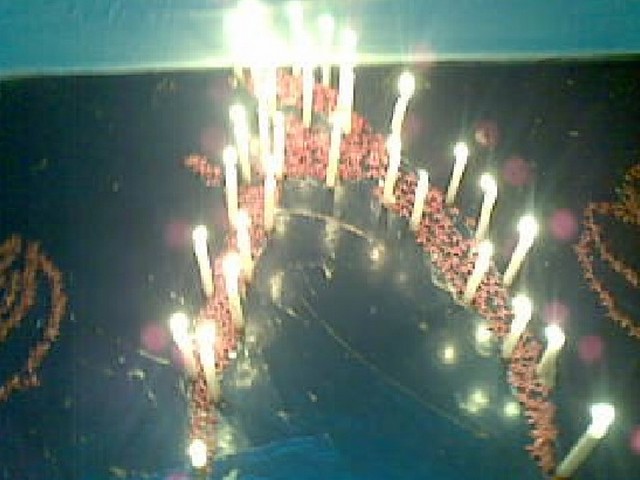 |
|
Photographs www.pathivu.com |
Following initial reports of Jaffna uni students lighting of a flare to mark Remembrance Day, further details have emerged of how they defied the Sri Lankan state's systematic clamp down.
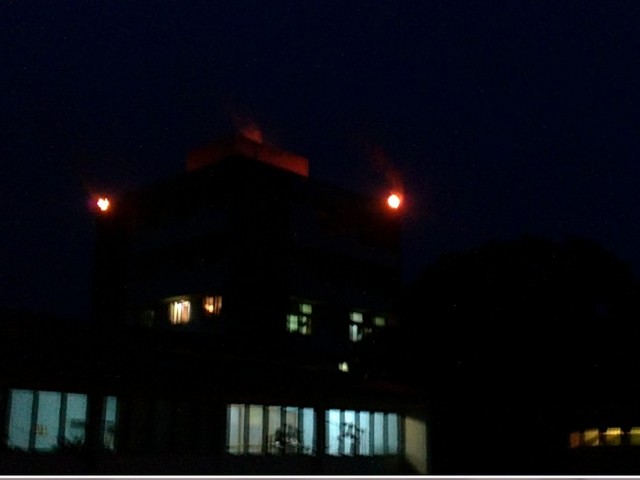 |
"we will never forget Maaveerar Naal and no matter what obstacles come our way, we will always remember the fallen and pay due respect to them. They may have silenced the Tamil people on the military front but they can’t silence our thoughts and actions".
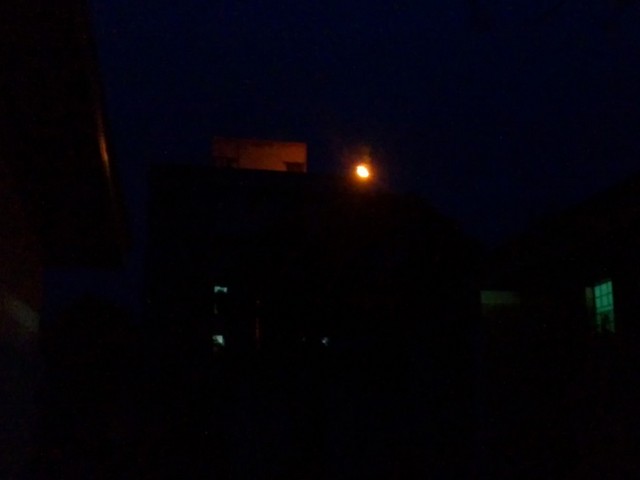 |
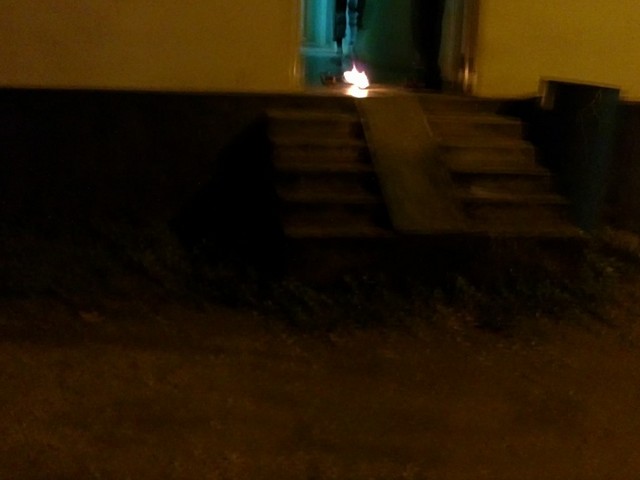 |
A Jaffna university lecturer, commented that the marking of Remembrance Day has angered the Sri Lankan government, and the government will take its revenge.
The lecturer, pointed out that the students had remembered Eelam's heroes in a dignified manner, without any violence, and this sends a clear message to the Sri Lankan government that these students will follow in the footsteps of their heroes.
Detailing the intense level of militarisation, one student said,
"four wheelers are patrolling the area around the uni and the hostels have been rounded up.
"We fear that revenge attacks are likely to be made on the students and we want the human rights organisations and the diaspora community to be aware of this."
A local resident who lives by the university hostels stated, he had seen the army hiding in neighbouring houses and frequently roamed threateningly by the entrance of the men's hostel, armed with wooden sticks and iron rods.
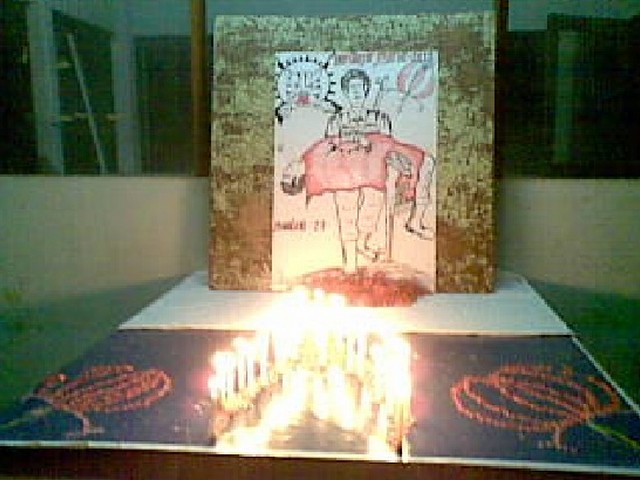 |
